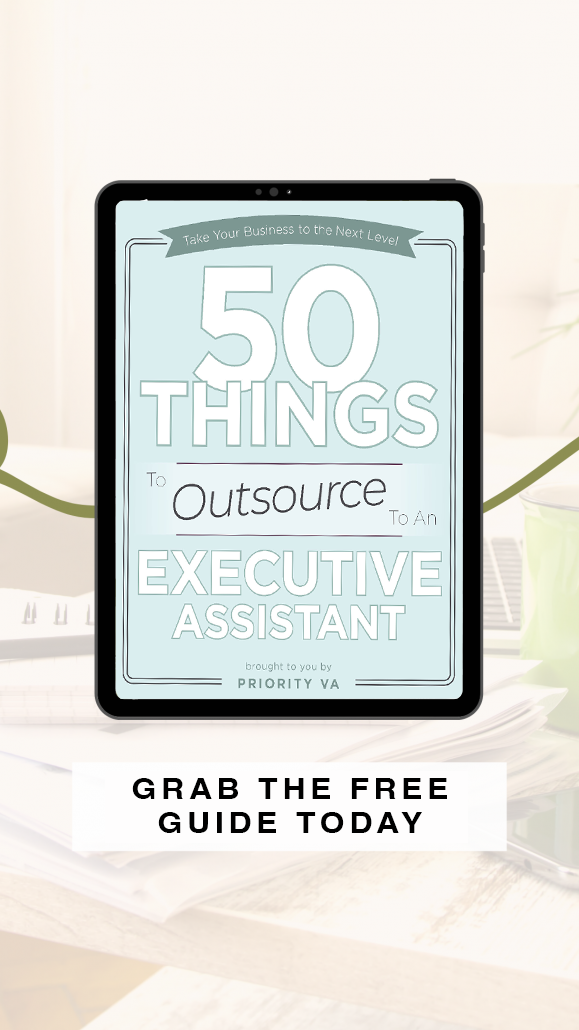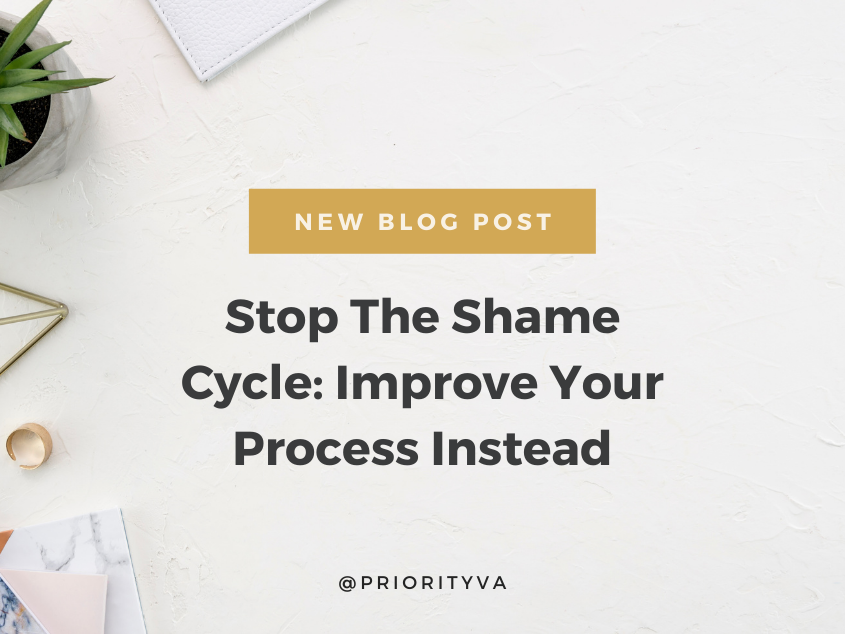Whether you are the WORST at showing your Executive Assistant appreciation, confused why it’s important, or are just OK — but want to be better — you’re in the right place. Showing appreciation is simple and can become second-nature. The advantages far out weight the time or money spent, and it’s far easier to incorporate with every employee than you’d think.
I’m a strong believer that leaning into appreciation, even if you don’t think you’re very good at it, is an investment that pays dividends in team morale, creativity, and performance.
If you’ve got strong feelings about NOT wanting to give people a trophy for doing their job — we’re going to change that.
Even if you think that you show enough appreciation and your employees feel recognized, the truth is that most employees DON’T feel appreciated.
These 5 statistics state that only one in three workers in the US strongly agree that they received recognition or praise for doing good work in the past week.
The same poll showed that 65% of employees hadn’t received any form of recognition for good work in the past year.
Right now, a majority of the workforce does not currently feel appreciated.
These big-picture issues have real consequences. The worst is that you can lose your best people!
You spent time, money, resources, and have invested in a personal relationship with this employee. Could you imagine losing them to something as small as you forgetting to acknowledge their contributions?
People NEED to know how they are doing, or they’ll stop caring how they are doing.
They will find somewhere else to go where they’ll be seen, heard, and appreciated, and then you are left trying to fill a role, again. Then, you do not show appreciation to them and, guess what, they leave. It’s a sick cycle that you need to break out of.
When it comes to an Executive Assistant, they are regarded as your right-hand. This relationship needs expressed appreciation to last.
Showing your EA that you recognize their hard work and dedication can be as simple as a private message or public recognition.
Leaders don’t need to bake cookies for their teams every week and be obnoxious about this. Or go over the top and throw an appreciation party. We want them to be in the moment, tokens of appreciation.
A small shift, such as “Thanks for getting that expense report to me on time, it helps me stay on track,” — a simple, 16-word expression that could mean the difference for your EA.
There’s something vulnerable about how an EA and an Exec work together.
They are the confidant, the therapist, provide honest feedback, and we couldn’t scale without them. While I believe that everyone is important and needs to be treated well, there is something special about this relationship.
I challenge you to extend gratitude to your Assistant for one thing they went the extra mile on. Send them a note in Slack, publicly appreciate them during a meeting or send them something small in the mail. It will take you 5 minutes but will be the defining action of your relationship.
The point is to reprogram your brain to lead with gratitude. I promise you’ll see a change in your workplace culture as a result of it.
Here is a list of quick actions that you can do right now. Seriously, it’s that easy:
- Send them a text, private message, or card thanking them for their continued dedication to you.
- Recognition among peers or team members, whether it be in a meeting, communication channels, or in the office
- Track team wins and publicly highlight them periodically
- Send a small gift in the mail
- Reward with a gift card to their favorite coffee spot or food joint
- Encourage your employees to recognize their peers and give space to do so (maybe 5 minutes at the beginning of each weekly huddle)
- Take them out to lunch
- Have a mid-week morale boost– treats for the office or a food delivery credit for them to take the much-deserved break and have a delicious meal
- Celebrate their personal milestones, like birthdays, anniversaries, or the birth of a child.
- Encouraging your EA doesn’t always have to be when they are achieving success. Sometimes in the failures or struggles, they need these reminders too.
Now you have 10 ideas in your arsenal, so there is no excuse to not recognize your hardest working people; many of those you would not be succeeding without.





